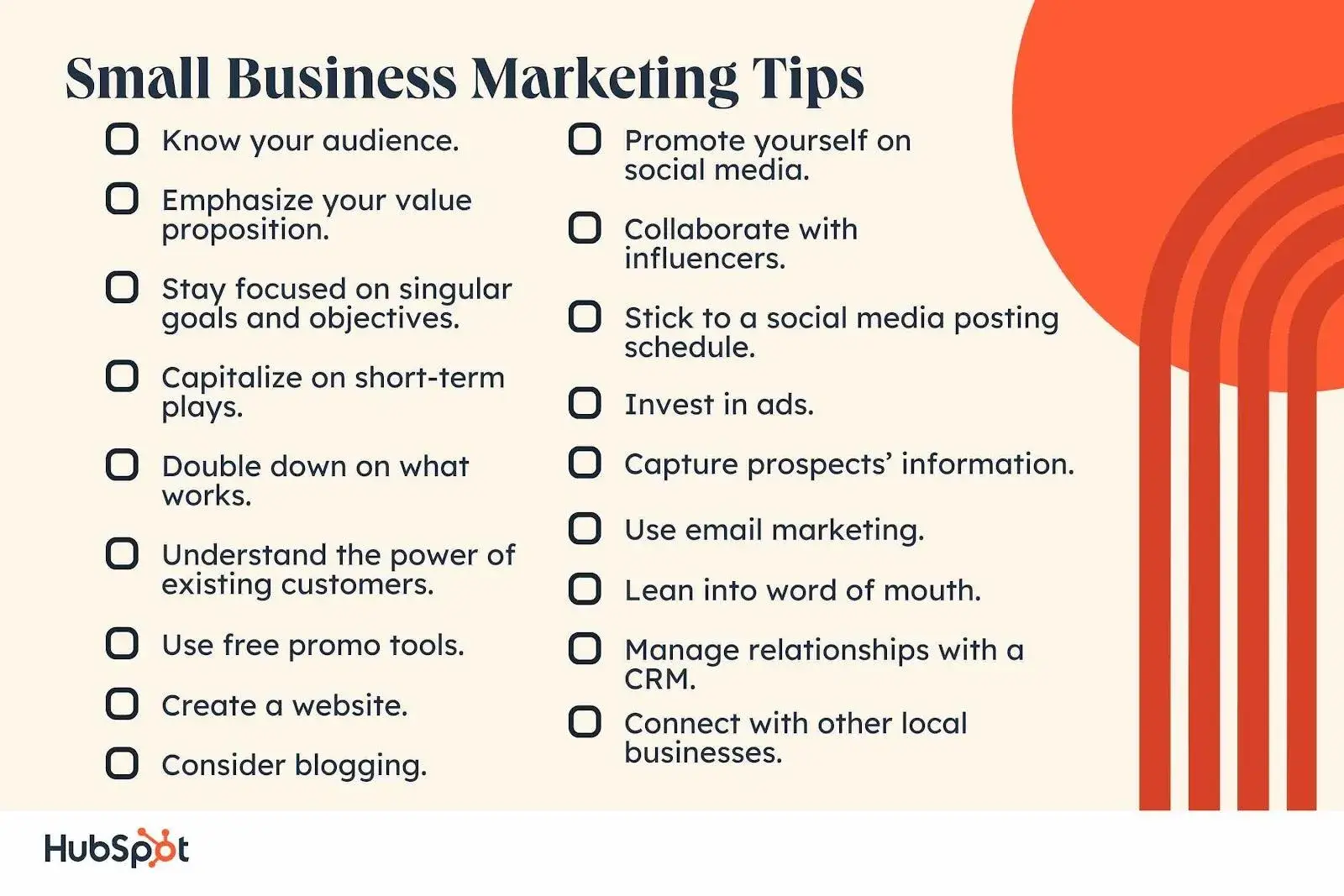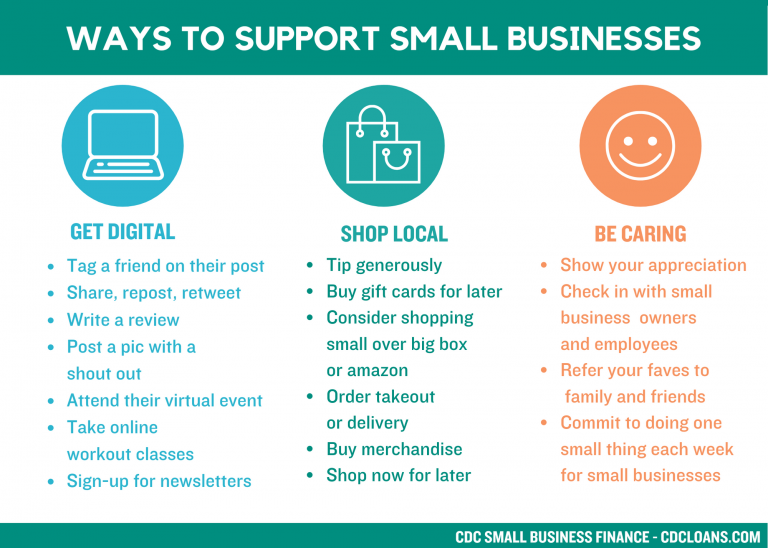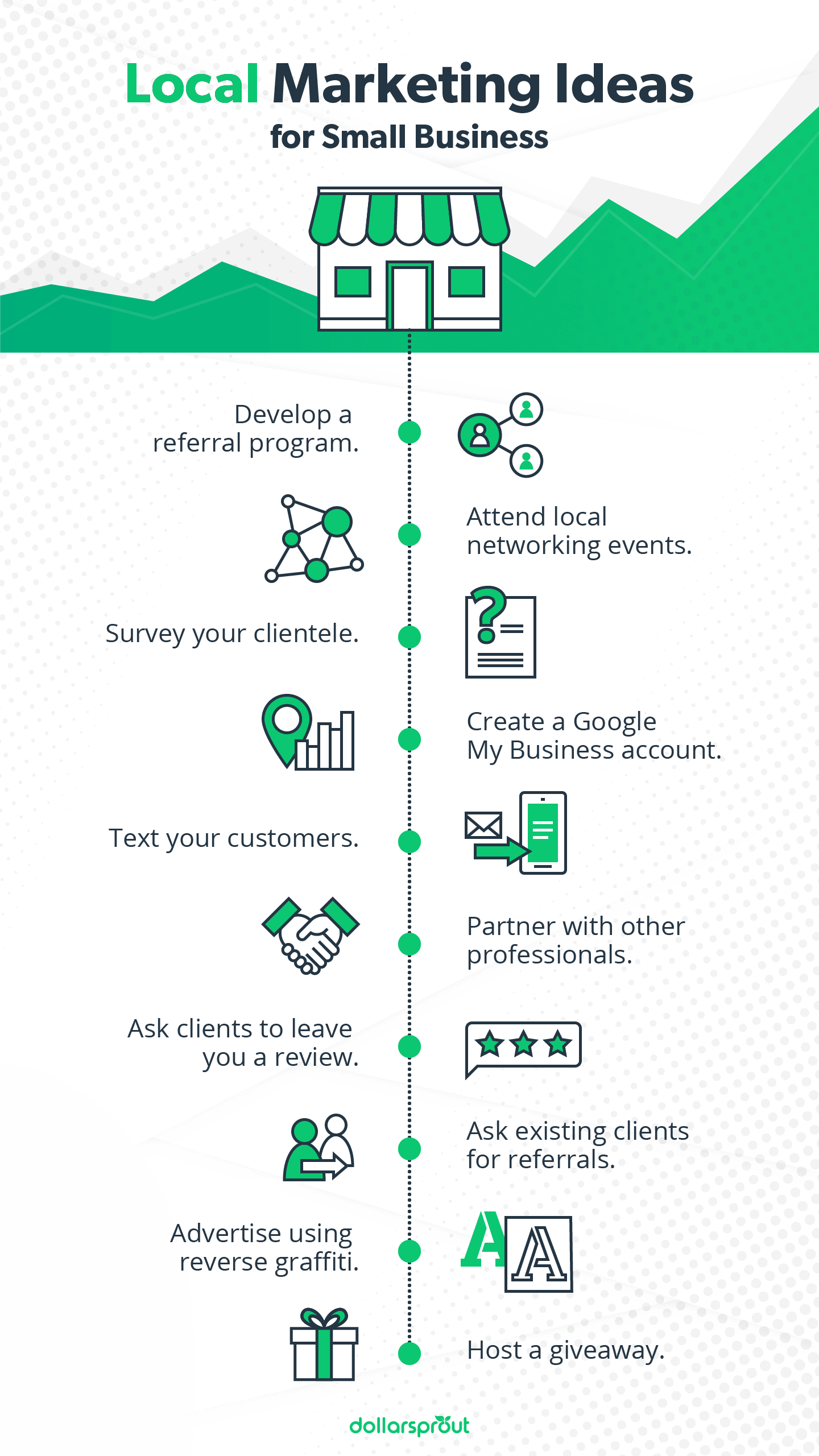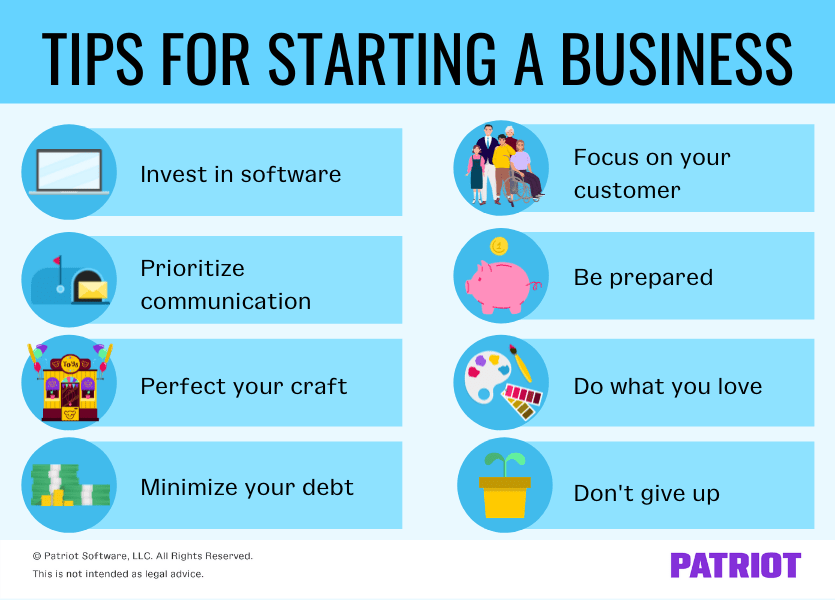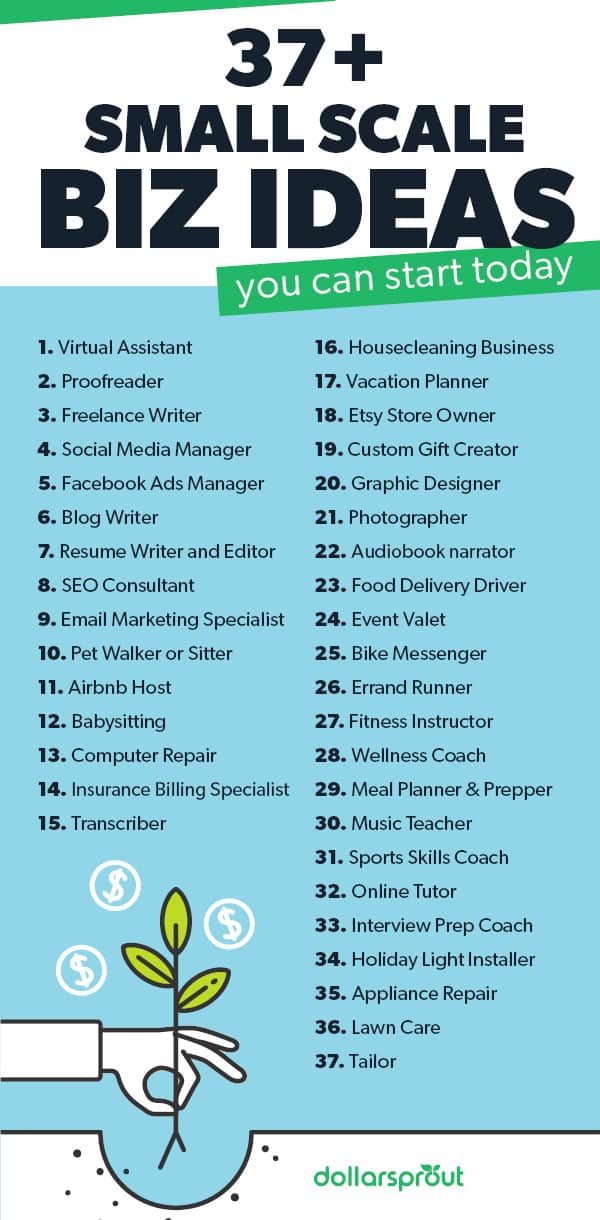Good Things About Small Businesses
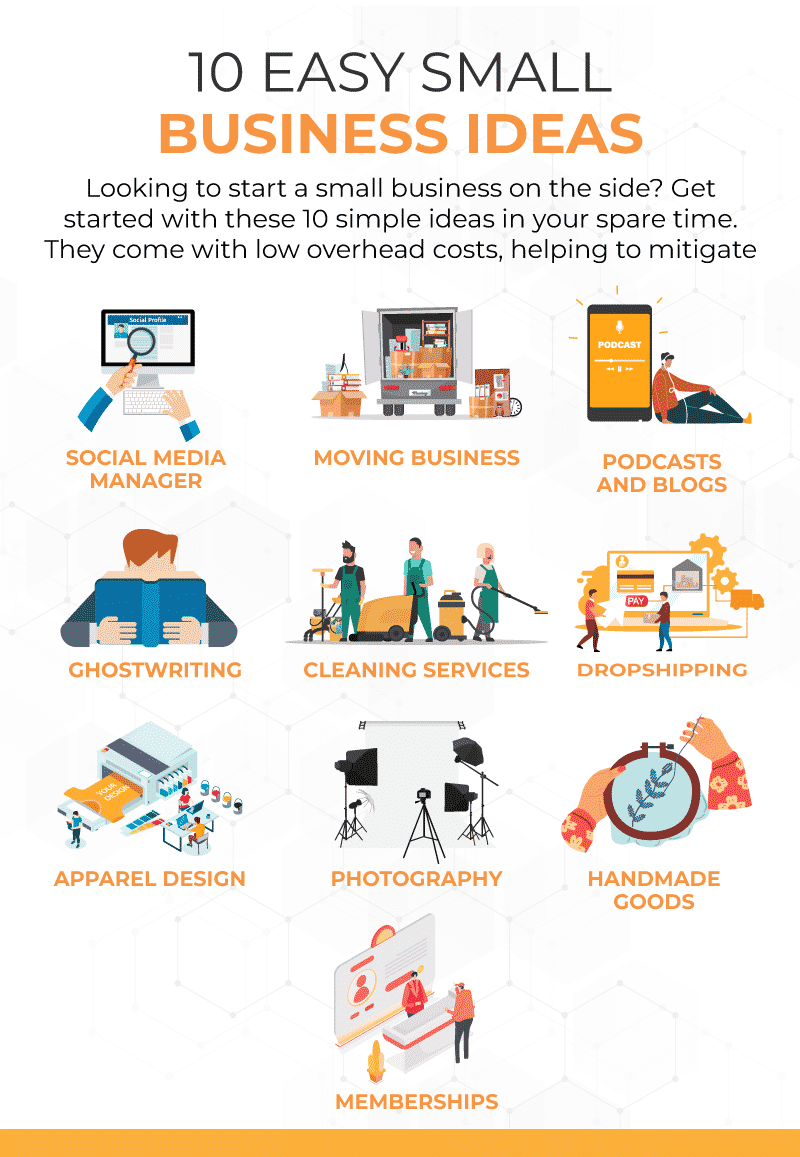
Small businesses, often overshadowed by corporate giants, are quietly driving economic growth and fostering vibrant communities across the nation. From the local bakery offering a comforting aroma to the specialized hardware store providing expert advice, these enterprises play a crucial role far beyond simply providing goods and services.
At the heart of the matter, small businesses represent the backbone of the American economy, accounting for a significant portion of job creation and innovation. Their impact extends to the social fabric, fostering community identity and offering unique opportunities for individuals to pursue their passions.
Economic Contributions
According to the Small Business Administration (SBA), small businesses represent 99.9% of all firms in the United States. These businesses employ nearly half of the private sector workforce. Furthermore, they contribute substantially to the gross domestic product (GDP), fueling economic prosperity at both local and national levels.
The SBA also reports that small businesses are responsible for a significant portion of net new jobs created in the U.S.. They often provide entry-level positions and opportunities for on-the-job training, serving as a crucial stepping stone for individuals entering the workforce.
Small businesses are often more agile and adaptable than larger corporations, allowing them to quickly respond to changing market demands and innovate new products and services. This responsiveness is crucial for maintaining a dynamic and competitive economy.
Community Engagement
Small businesses are deeply embedded in their local communities. They actively participate in local events, support community initiatives, and contribute to the overall vibrancy of the area. Their presence creates a sense of place and fosters a strong community spirit.
Local business owners are your neighbors. They understand the unique needs and preferences of the community. They often go the extra mile to provide personalized service and build lasting relationships with their customers.
Moreover, small businesses are often strong supporters of local charities and organizations. They donate goods and services, sponsor events, and volunteer their time, making a tangible difference in the lives of those around them.
Innovation and Creativity
Small businesses are often incubators for innovation and creativity. Free from the bureaucratic constraints of larger corporations, entrepreneurs can experiment with new ideas, develop innovative products, and disrupt traditional markets.
Many groundbreaking technologies and services have originated from small businesses and startups. These companies are willing to take risks and challenge the status quo, driving progress and improving the lives of consumers. They frequently lead the way in implementing cutting-edge approaches to problems.
According to a study by the National Bureau of Economic Research, small firms are more likely to produce radical innovations than larger firms. This can be attributed to their greater flexibility, entrepreneurial spirit, and willingness to embrace new technologies.
Personalized Service
Unlike impersonal corporate giants, small businesses offer personalized service and build strong relationships with their customers. Owners and employees take the time to understand their customers' needs and preferences, providing tailored solutions and building loyalty.
This personalized approach fosters a sense of trust and connection, creating a more positive and rewarding customer experience. Customers often feel valued and appreciated, leading to increased satisfaction and repeat business.
John Smith, owner of a local bookstore, emphasizes the importance of building relationships with his customers. "We get to know our customers by name and remember their reading preferences," he says. "That's something you just can't get from a big online retailer."
Challenges and Support
Despite their many contributions, small businesses face unique challenges, including access to capital, regulatory burdens, and competition from larger corporations. Government agencies and community organizations offer a range of programs and resources to support small business growth and development.
The SBA provides loan guarantees, counseling services, and training programs to help small businesses succeed. Local chambers of commerce and economic development organizations also offer valuable resources and networking opportunities.
Supporting small businesses is an investment in the community. By choosing to shop at local stores, dine at local restaurants, and utilize local services, consumers can help small businesses thrive and contribute to the overall vitality of their communities.
The Future of Small Business
The future of small business looks promising. With the rise of e-commerce and social media, small businesses have more opportunities than ever to reach new customers and grow their businesses. They are also embracing sustainable business practices and contributing to a more equitable and inclusive economy.
The COVID-19 pandemic presented unprecedented challenges for small businesses, but it also highlighted their resilience and adaptability. Many small businesses pivoted to online sales, offered delivery services, and found new ways to serve their customers.
As the economy continues to evolve, small businesses will remain a vital force, driving innovation, creating jobs, and fostering strong communities. By supporting small businesses, we can invest in a brighter future for all.




